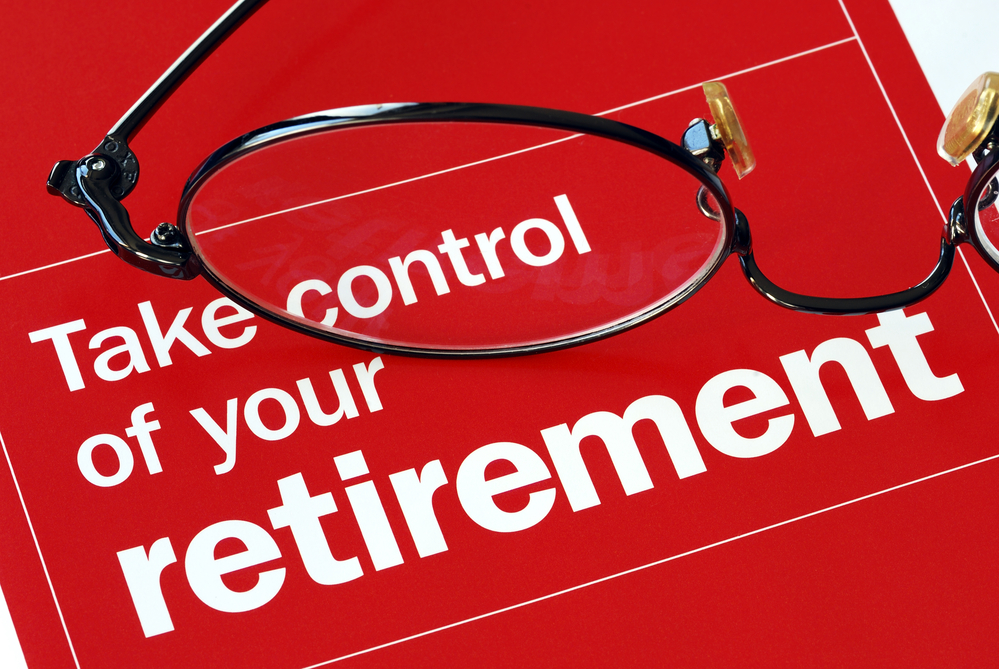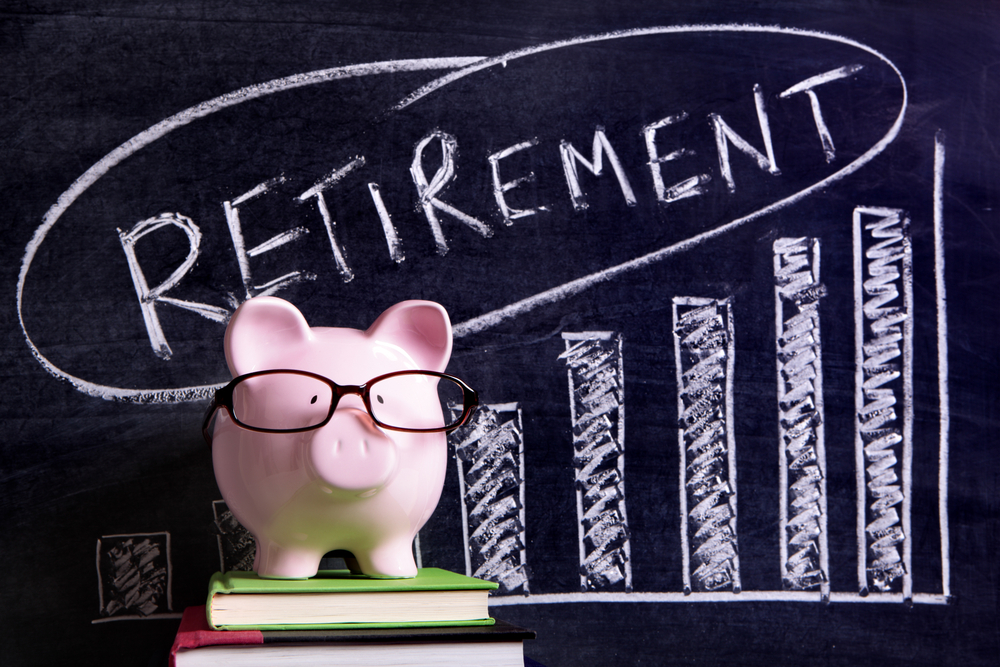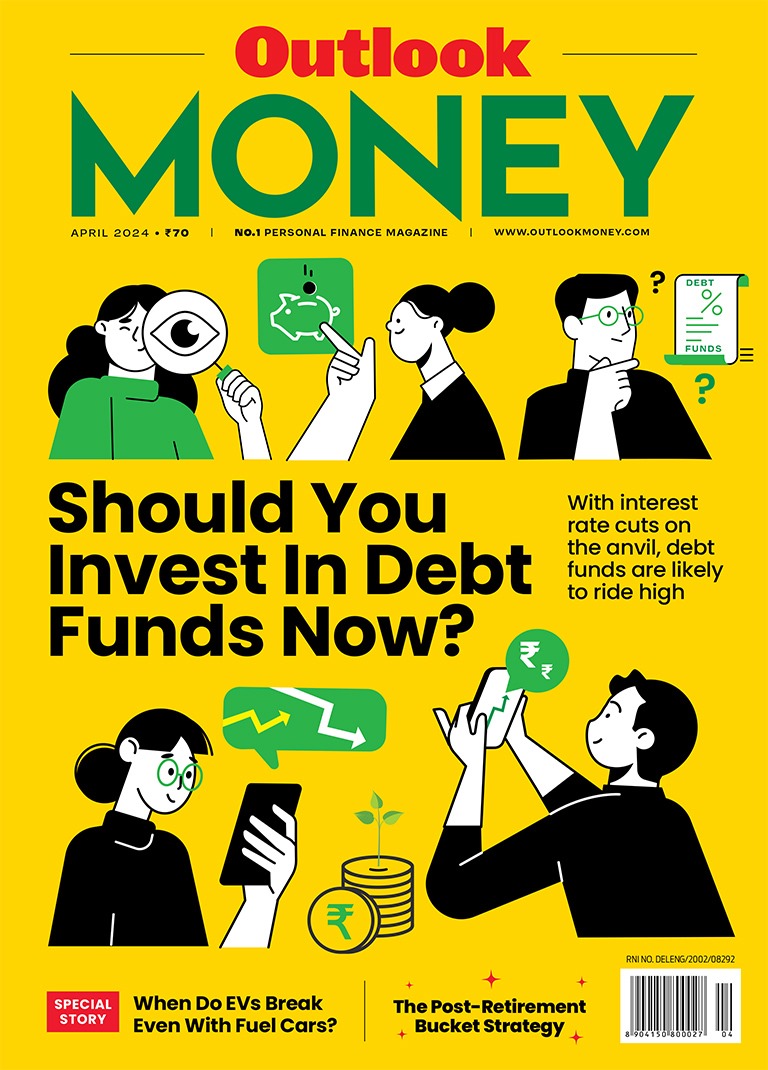Retiree -- Not A Trapeze Artiste
Portfolio rebalancing is highly recommended as it helps an individual shed needless fat

A perfect retiree is not a trapeze artiste, rarely does he indulge in acrobatics in any form, aerial or otherwise. Yet he times his entries and exits flawlessly, chooses his partners diligently, and generally leaves little to chance. If he succeeds, he swings to the next higher level, and, if he falters, he has only one direction ahead of him: a downward plunge.
In real life, of course, perfection is difficult to find; in fact, I will go a step ahead and claim that perfection is nearly impossible to locate. As in trapeze, where skills of all sorts need to be honed, retirement is a challenge that must be met efficiently on all fronts. Among the latter is finance, the most obvious and critical one. For many people around the world, retirement presents itself in the shape of a financial hurdle that they are not prepared for.
There is just one thing – and here I am referring to the most weighty component of retirement planning – that a retiree can do to overcome such a fate. He must allocate his resources in the most optimum manner to secure the highest-possible return even as he keeps his costs to a minimum.
Naturally, such optimisation cannot be done overnight. A retiree must start long before he superannuates. Indeed, in a world full of stiff financial challenges, the earlier he begins, the better it is for him. Even a half-decent retirement plan cannot be worked out in a hurry.
It turns out, therefore, that a smart individual takes care of the following:
-
He starts early and allocates his surplus in a methodical, regular manner. He follows prudent practices (such as profit-taking when the opportunity arises) concurrently.
-
He manages his costs in keeping with all sorts of practical considerations.
-
At the same time, he does it as carefully as possible to minimise tax implications. A retiree in the highest tax bracket has a lot at stake. Like the rest of his countrymen, he too has to bear inflationary pressures. The latter is a wholly different ballgame.
-
With every “life-stage change” (we may discuss this later in another story), there has to be an alteration or two in asset allocation. Maybe, there is a need for the retiree to tilt more towards debt. This means, he needs to move away from equity and other risky assets, and opt for simpler and less risky ones instead.
-
I would recommend portfolio rebalancing, as it helps an individual shed needless fat. A re-balanced portfolio can emerge as a lean and nimble vehicle for performance-oriented assets.
The wealthy retiree – again he is not flying trapeze and relying principally on intuitive skills, he has to depend on several intermediaries even after he stops earning actively. This means there may well be a hefty payment (overall, considering all the intermediation that one may end up seeking) to miscellaneous bankers, brokers, wealth managers, and the like.
I am keeping tax consultants out of the loop here; for the well-heeled, especially the ones who indulge in complicated financial transactions, tax advisors’ fees would not be meagre in any way.
There is, however, one distinct similarity between a trapeze artiste and a retiree. Imagine life under the “big top” – a huge and colourful circus tent. Imagine a trapeze show, a contemporary one, which unfailingly puts up a safety net when the aerial show starts.
The net is firmly fitted to sundry poles at all corners; the trapeze artiste who is flying wildly close to the ceiling, swinging from one bar to another, knows about its existence. He can take comfort in the fact that a net is in existence. It will surely catch him, and prevent a fatal crash when he misses a beat up there.
A perfect retirement plan needs a safety net too. Such a net can take the shape of a big allocation to fixed-income securities. The latter is relatively stable compared to extremely volatile equities. Each retiree must think of owning a safety net. What could be your safety net? Ask yourself all the important questions. Believe me, it could prevent a crash just in the nick of time.
The author is a Director, Wishlist Capital Advisors
DISCLAIMER: The views expressed are the author own, and Outlook Money does not necessarily subscribe to them. Outlook Money shall not be responsible for any damage caused to any person/organisation directly or indirectly.









